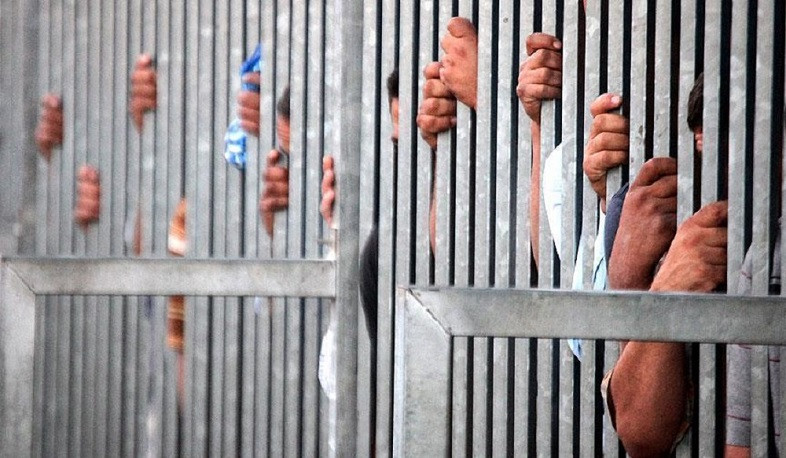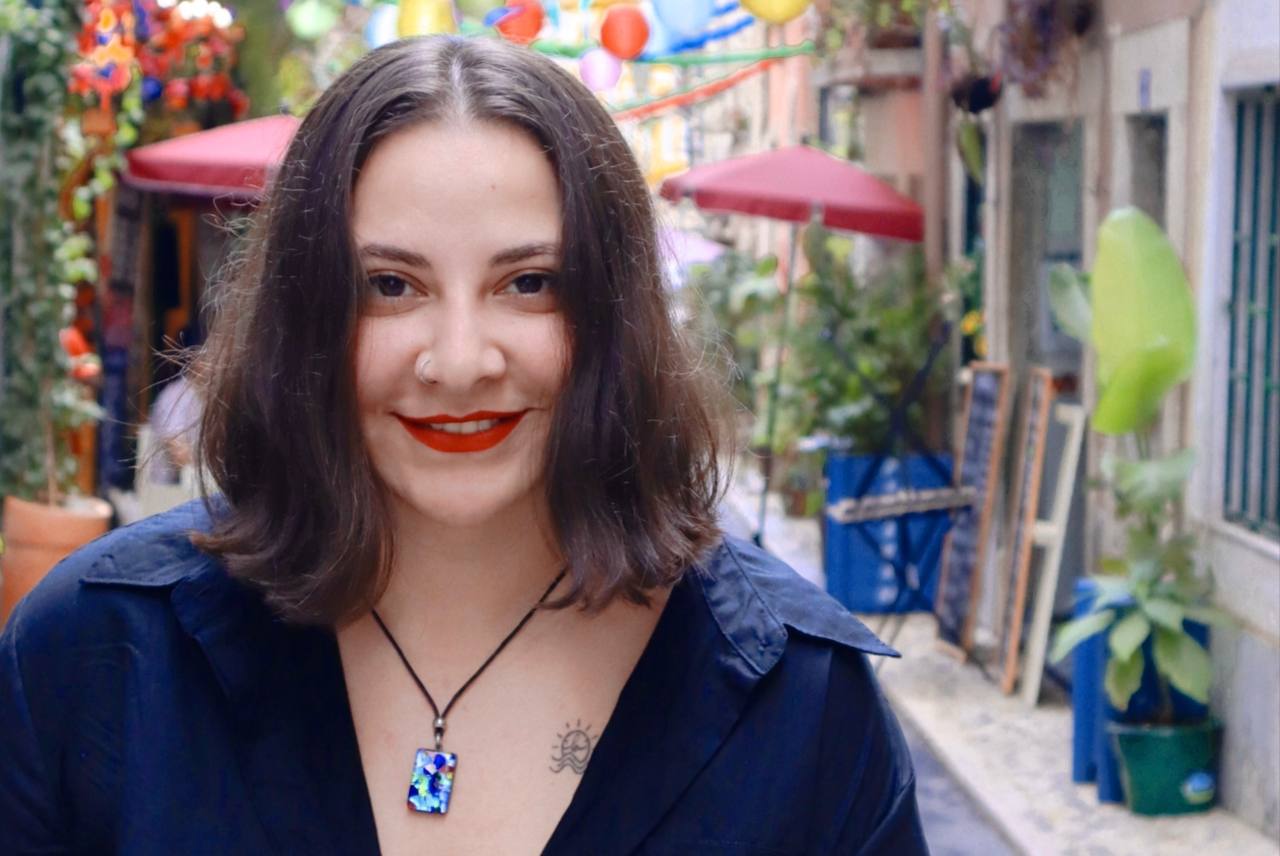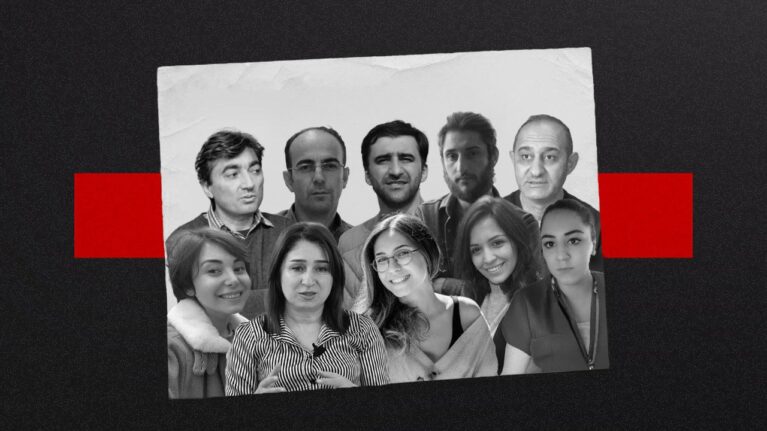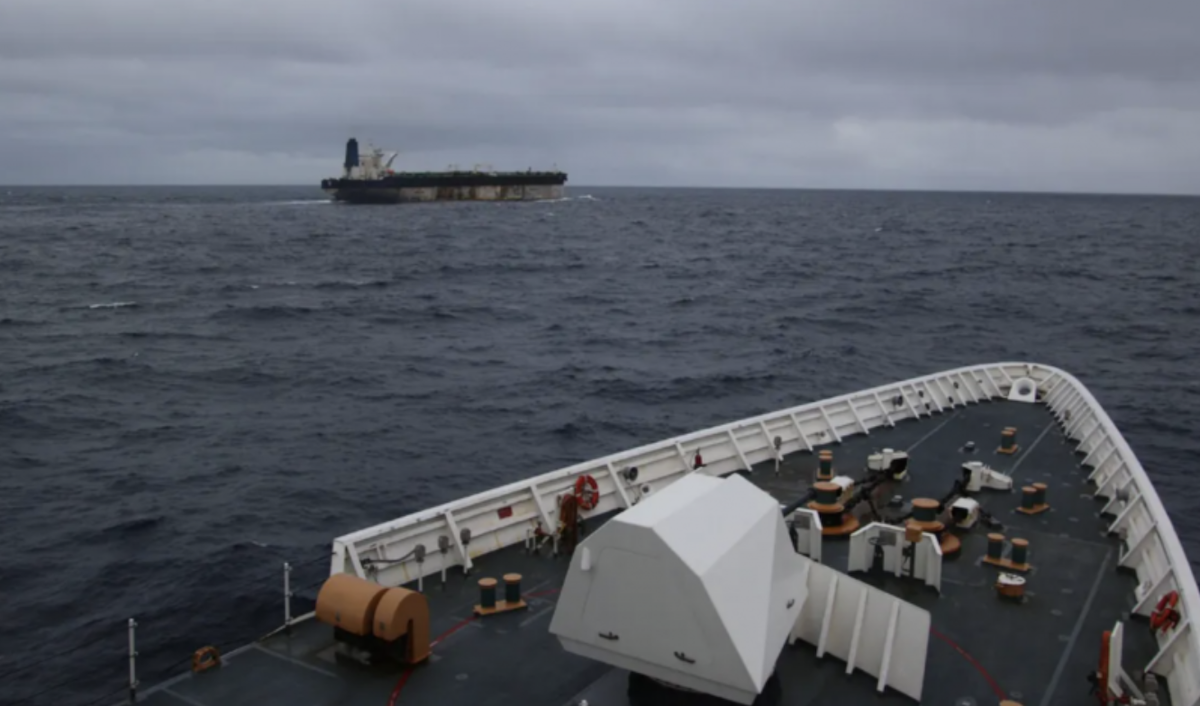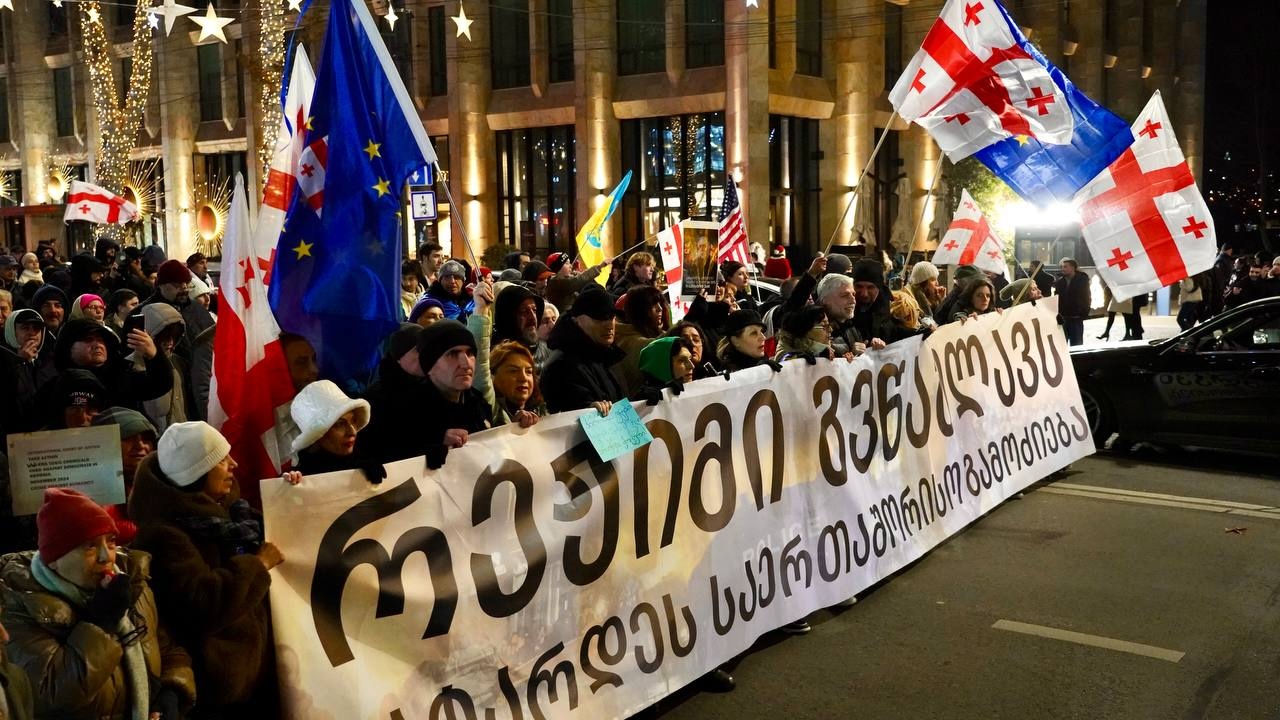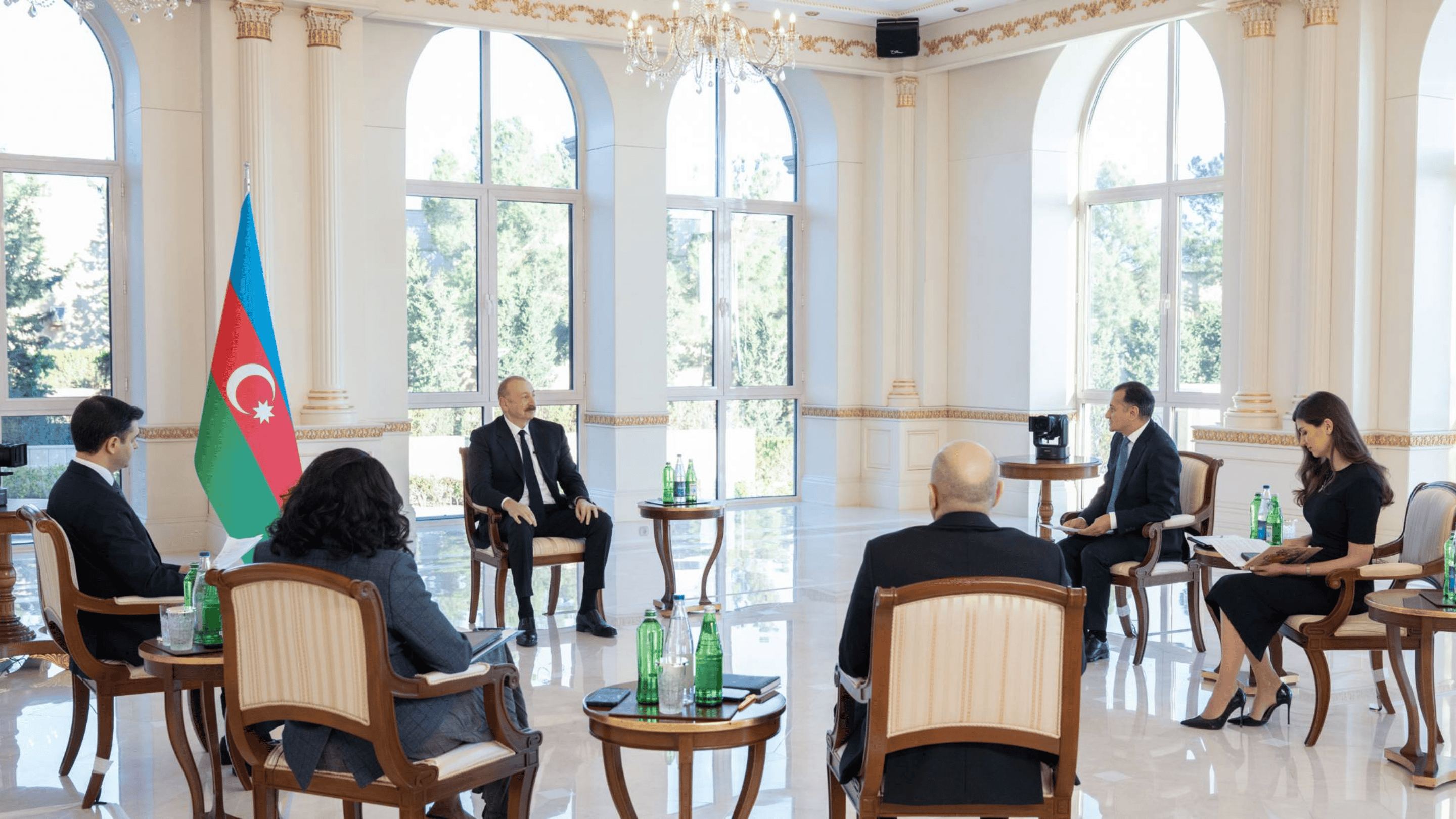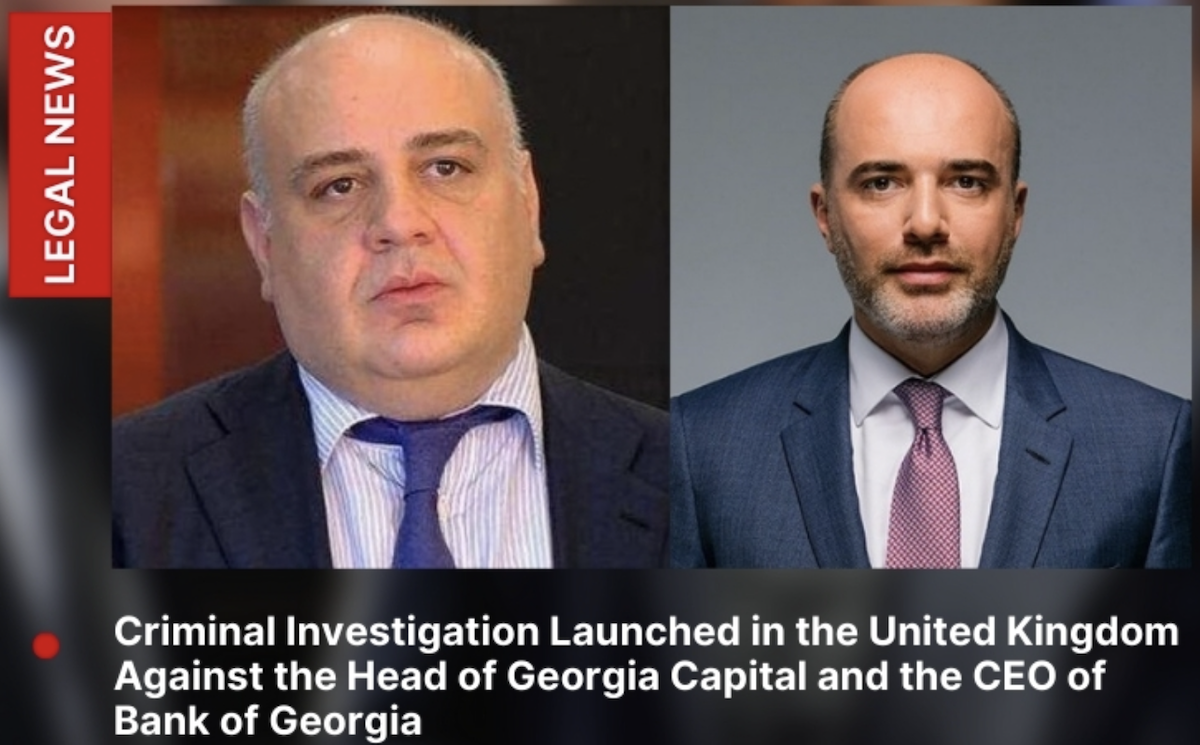Fear or indifference? Experts weigh in on political silence in Azerbaijani society
Why are there no street protests in Azerbaijan?
During discussions on various platforms, one question has come up repeatedly: why does public support in Azerbaijan for those who criticize the country’s leadership seem limited to social media?
The Azerbaijani service of Radio Free Europe/Radio Liberty posed this question to several local experts. Their responses are below.
Some say this silence is the result of an atmosphere of fear created by the authorities. Others point to the mass arrests of independent journalists and the departure of international organizations from Azerbaijan, which have led to an information blockade and growing apathy toward political processes.
Over the past 18 months, dozens of journalists, human rights defenders, and politicians have been arrested in Azerbaijan on various criminal charges. All of them strongly deny the accusations and say they are being punished for their professional activities. According to a list compiled by local human rights organizations, there are currently around 350 political prisoners in the country.
Many of them have reported violence, torture, and threats of rape. People were taken from their homes in the middle of the night — some in front of their small children — and in some cases had bags placed over their heads. Family members had their bank accounts frozen, leaving them in poverty. Many were banned from leaving the country. The authorities, however, deny both the allegations of abuse and the existence of political prisoners.
Arif Hajili: “Public criticism means risking arrest”
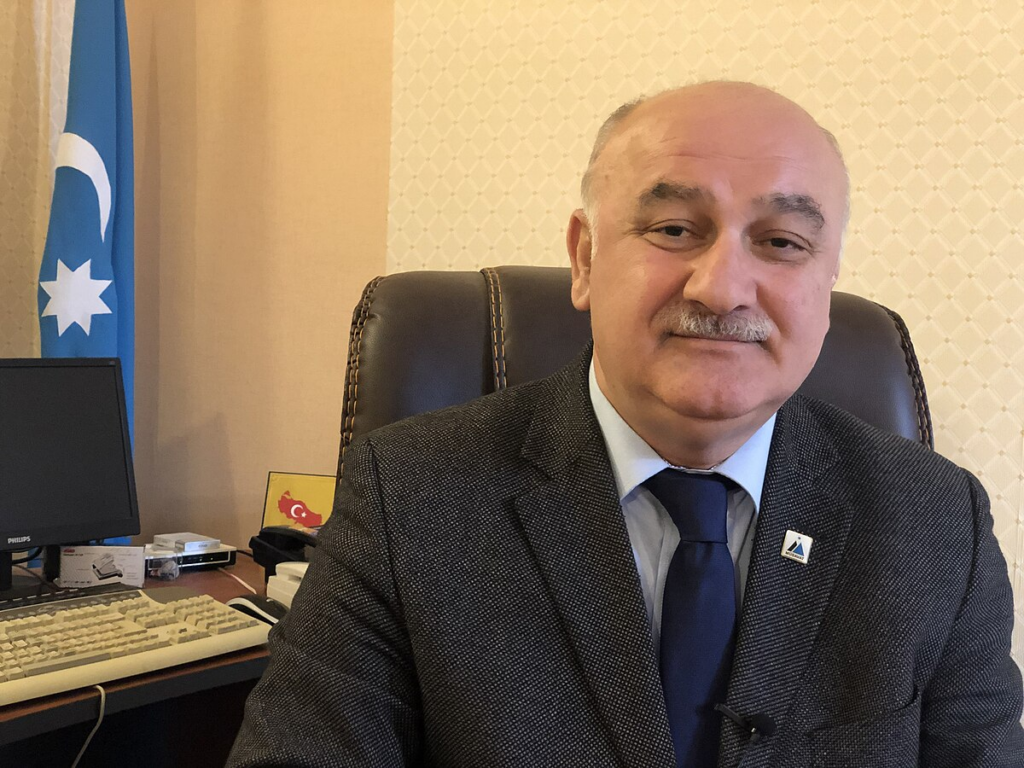
The chairman of the Musavat Party, Arif Hajili, believes that people hide their discontent because speaking out openly can lead to a new wave of arrests.
Political parties, in most cases, also advise people to be cautious.
One of the opposition leaders, Tofig Yagublu, was accused of fraud and document forgery and sentenced to nine years in prison. He went on a 40-day hunger strike in protest.
Public support for his campaign was not as widespread as in the past. There were many posts on social media, but no rallies in the streets or outside the courthouse.
“Does that mean people don’t support him? No, it’s because the repressive regime in the country is becoming much harsher. In reality, Tofig Yagublu — like all political prisoners — has significant support in Azerbaijani society.
People are unhappy about the arrests and want them released. But they also understand that expressing those demands openly, for example through mass protests, would only lead to more arrests.”
Samira Gasimli: “Fear and apathy in society. But also a crisis of leadership”
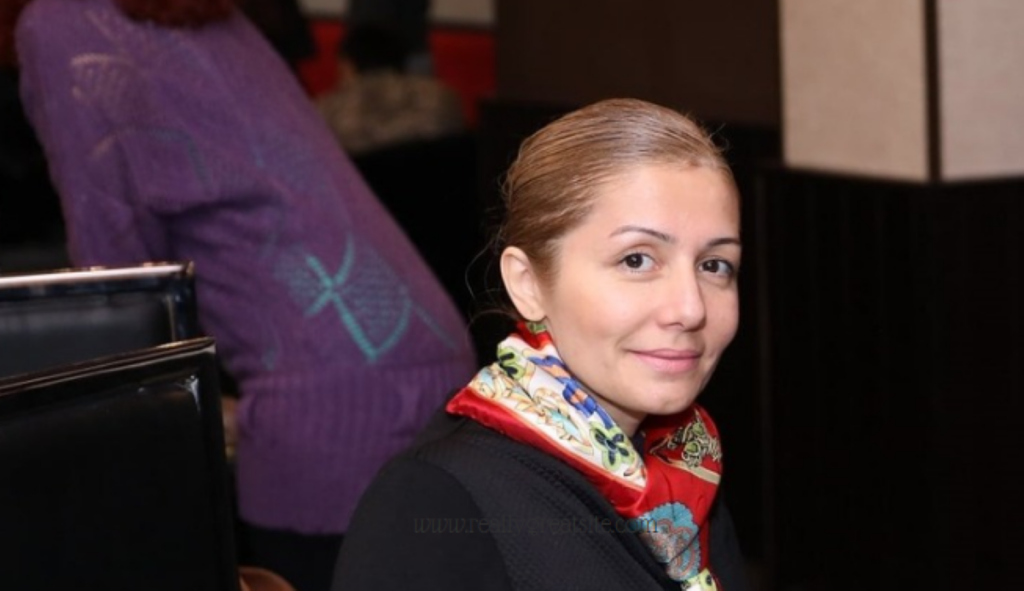
Political analyst Samira Gasimli says Azerbaijani society is currently going through its most isolated period in terms of the struggle for freedom.
“Every day we hear about someone being arrested. These arrests – often carried out with extreme cruelty – have intensified fear in a society that was already apathetic and living under a climate of fear.
People have been left alone. We don’t see any real action from opposition parties or other political actors. The part of Azerbaijani society that wants freedom now seems completely isolated. And the growing fear has become part of the system.”
Javid Asadov: “Repression, despair, and an information blockade”

PhD candidate in political science Javid Asadov believes that the silence in society stems from three major factors: years of repression, political despair, and an information blockade.
As society is deprived of information, the space for protest continues to shrink.
“Even if people take to the streets and hold a protest, very few journalists would be there to film or report on it. Most independent journalists have either been arrested or forced to leave the country.
As a result, fear has spread to such an extent that people are afraid not only to speak out publicly, but sometimes even to discuss these topics privately. In my view, this is no longer individual fear — it has become collective.”
Elchin Mammad: “Faith in justice is broken”

Human rights defender Elchin Mammad says people no longer expect to find justice in the courts.
In many cases, the search for justice has turned into personal appeals to the president or the vice president.
And when those hopes are not fulfilled, some resort to more desperate actions – hunger strikes, or even suicide attempts.
“This, of course, will lead to extremely negative consequences and further destabilize the human rights situation in the country.”
Nasimi Mammadli: “The authorities govern through fear”

Political commentator Nasimi Mammadli: “The political image of the government is strong, but its social foundation is fragile. Freedom of assembly, elections, media — all are controlled through fear.
And although society remains silent and does not demand justice, it seems the authorities themselves feel uneasy.
Authoritarian regimes have administrative and police power to suppress citizens. But their socio-political influence is weak. They don’t want to allow freedom of assembly or hold free elections because they fear real public participation.”










